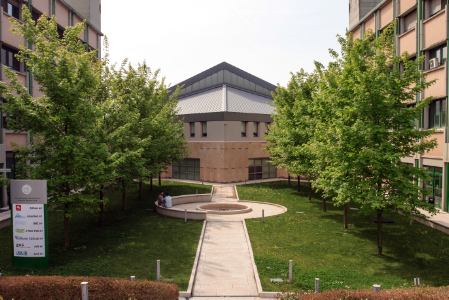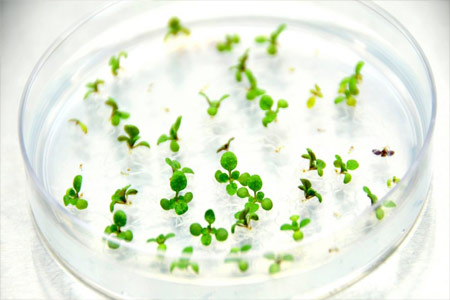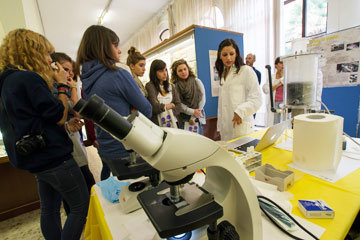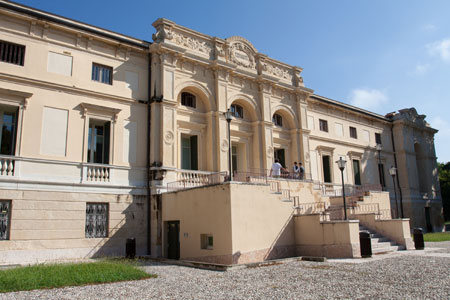There is a considerable interest in increasing the artemisinin content of A. annua since artemisinin is an antimalarial pro-drug considered the last line of defense against malaria.
Several biotechnological approaches have been developed so far to increase the yields of artemisinin in plant systems.
In this project, we aim to shed a light into the genetic mechanism underlying the transition from wild-type leaves to leaf explant-derived cell culture in order to plan future strategies for metabolic engineering for increasing artemisinin content.
The project relies upon the synergistic collaboration among two academic research units with complementary expertise in transcriptome and metabolome analysis and one industrial partner focused on plant cell culture use for secondary metabolite production. The interaction among the project partners will set the basis for new fine-tuned approaches to increase artemisinin yields in plant-based systems.







